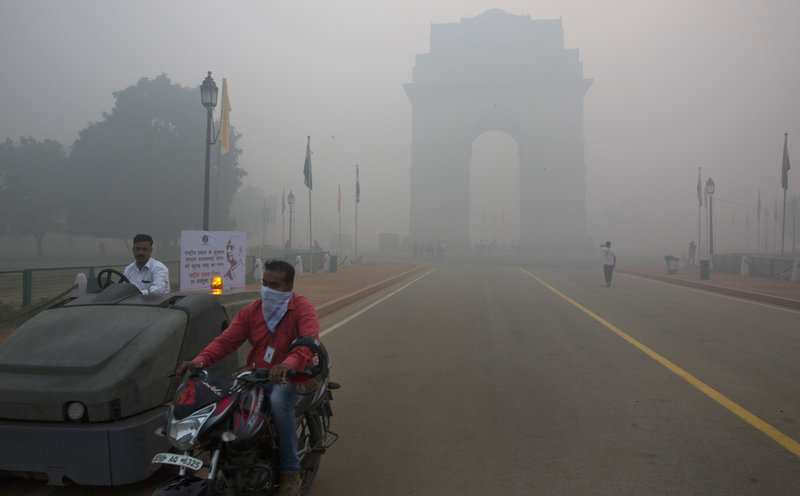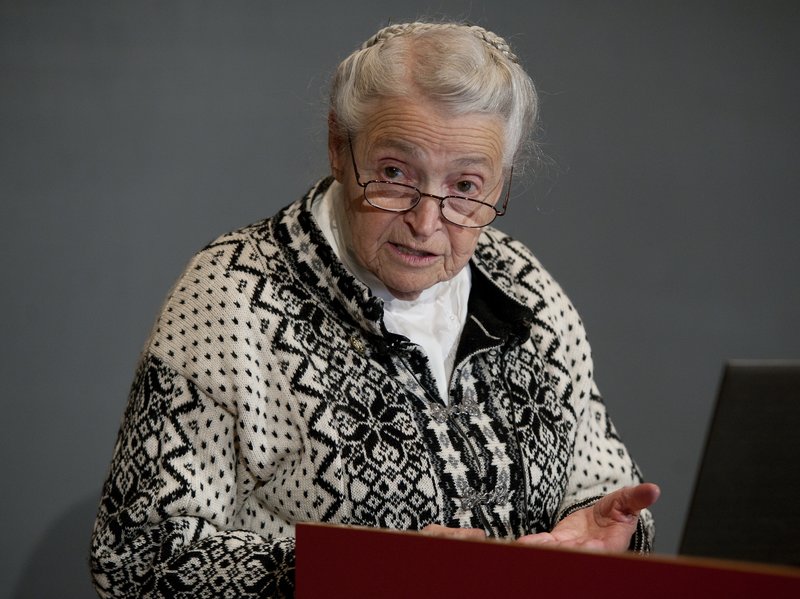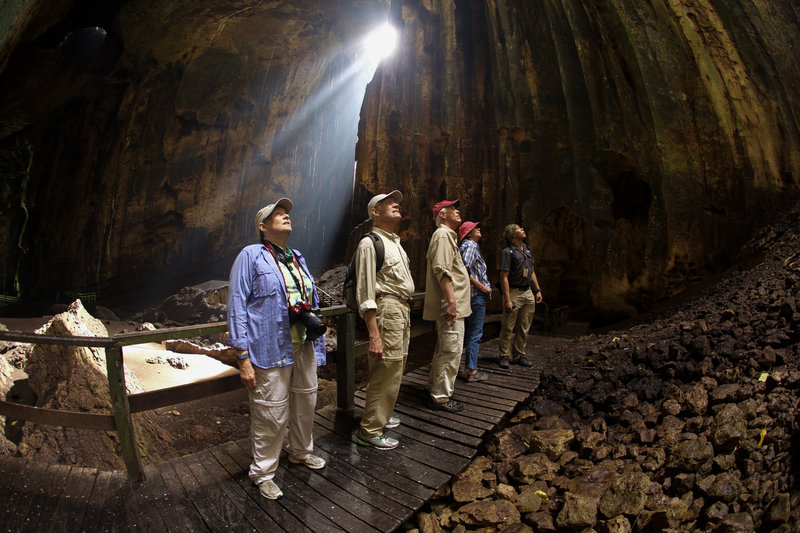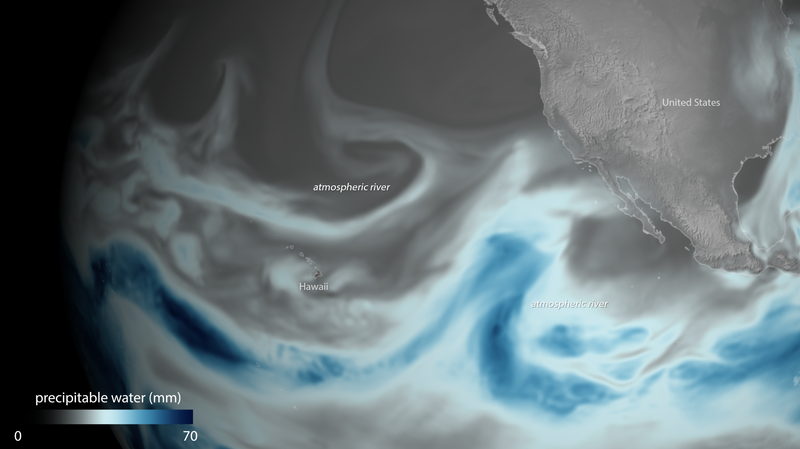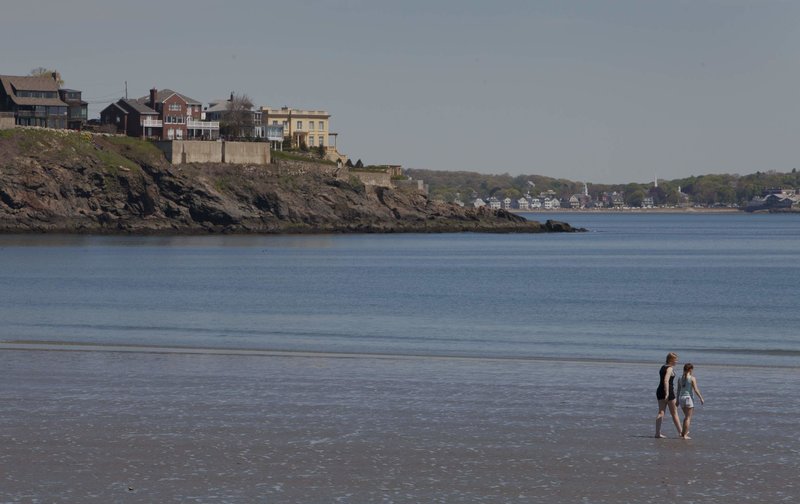 Sunday, May 28, 2017 at 11:34AM
Sunday, May 28, 2017 at 11:34AM Juno Spacecraft Reveals Spectacular Cyclones At Jupiter's Poles
"NASA's Juno spacecraft has spotted giant cyclones swirling at Jupiter's north and south poles."
south poles."
"That's just one of the unexpected and puzzling findings being reported by the Juno science team."
"Juno arrived at Jupiter last summer. It's the first spacecraft to get a close-up look at the planet's poles. It's in an orbit that takes it skimming close to the cloud tops of the gas giant once every 53 days."
After each close pass, the spacecraft sends a trove of data back to Earth.
"Scientists weren't expecting to see cyclones at the poles. "You point a camera at terra incognita on Jupiter, and 'surprise!' you get a surprise," says Cornell University's Jonathan Lunine, director of the Cornell Center for Astrophysics and Planetary Science and a member of the Juno science team."







